5. The Celebration (1998)
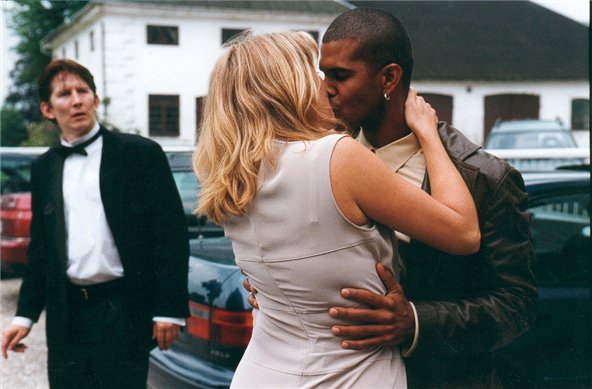
Directed by the Danish filmmaker Thomas Vinterberg, “The Celebration”, which follows the strict guidelines of Dogme 95, is a powerful movie about a dysfunctional family.
This experimental film is about Helge, a wealthy patriarch, who is having a luxurious part at the country estate for his 60th birthday. All the family members have been invited to this celebration including Helge’s three children. At the dinner Christian, the oldest son announces that he has been sexually harassed by his father while he was a child. Through a series of accusations, a lot of hidden secrets about the past are revealed. Thus, the festive atmosphere turns into a darkly humorous mayhem.
Being one of the best films of the “Dogme 95”, “The Celebration” is Vinterberg’s critically lauded masterpiece. The Danish director rejects Hollywood’s superficial filmmaking techniques creating a realistic portrait of a dysfunctional family. He refuses special effects and post-production image manipulation by following the rules of “Dogme 95”. Thus, the movie is shot on a real location with a hand-held camera in colours. This is the first movie of this revolutionary collection of authentic films.
Furthermore, the second movie of the “Dogme 95 Manifesto” is Lars Von Trier’s “The Idiots”. Following the same rules and goals Lars Von Trier creates another defining movie of this cinematic movement.
To sum up, Thomas Vinterberg’s revolutionary movie is quite similar to Lars Von Trier’s experimental cinema. It is undoubtedly a rare gem of this radical film movement.
4. Last Tango in Paris (1972)
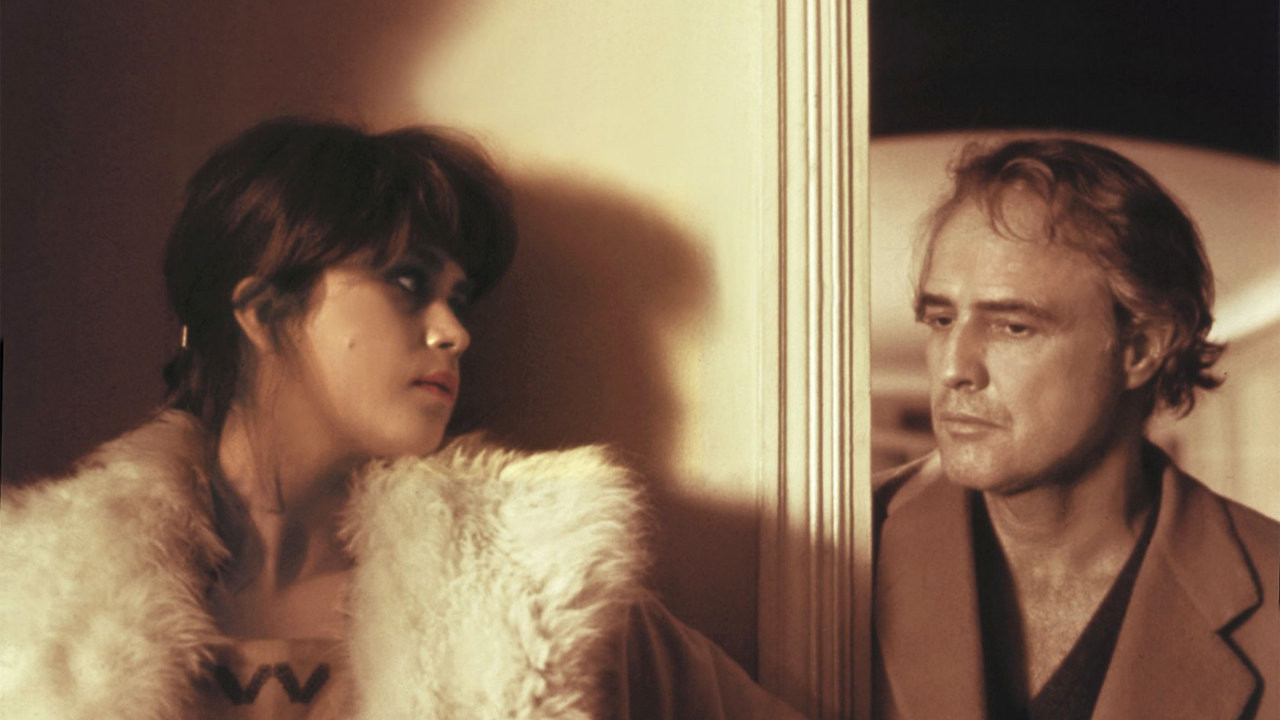
Bernardo Bertolucci’s “Last Tango in Paris” is an ode to unrequited love. This triumph of eroticism is also an intellectual academic statement about carnal love.
This existential drama follows the passionate love story of two authentic characters with contradictory traits who accidentally meet in Paris. Marlon Brando stars as Paul, a middle-aged American businessman mourning the recent death of his wife, whereas Maria Schneider stars as Jeanne, a young, curvaceous and sexually attractive Parisian girl.
The two characters meet by chance in an empty apartment in Paris, where they begin an anonymous sexually relationship. Although Paul insists that neither of them should disclose any personal information about their identity, Jeanne becomes emotionally engaged to Paul. Through a series of tragic events the suspense builds up to a romantic climax.
The great Italian director Bernardo Bertolucci manages to create a deep examination of human condition and carnal pleasures. In addition it is a philosophical study of authenticity through an existential view of love.
Moreover, Marlon Brando delivers a phenomenal performance that has been oscar nominated for the Best Actor Award. Maria Schneider is also quite brilliant in a career-defining role.
However, this brutally honest depiction of a romantic relationship is well known for some explicit scenes about sadomasochism and rape. Thus, Bertolucci’s art-house masterpiece is quite similar to Lars Von Trier’s controversial film “Nymphomaniac”.
Taking everything into account, “Last Tango in Paris” is a shocking romantic movie about life, love and loneliness. Not only a film that reveals the shallow nature of human relationships, but also an introduction to existentialism.
3. The Mirror (1975)
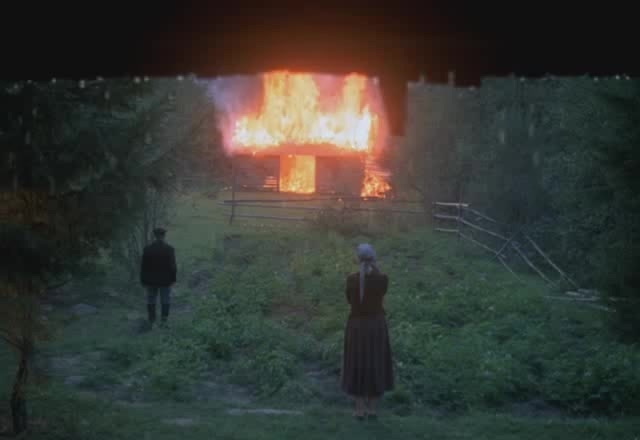
“Have you ever seen a film called the Mirror? I was hypnotised! I’ve seen it 20 times.” – Lars Von Trier
Lars Von Trier is influenced by the work of the legendary Russian filmmaker Andrei Tarkovsky. He has even dedicated one of his works, “Antichrist”, to the visionary director. In addition, his early films such as “The Element of Crime” is a homage to Tarkovsky’s cinema.
To be more specific, “The Mirror” is Andrei Tarkovsky’s critically lauded art-house masterpiece that had a huge impact on Lars Von Trier’s cinematic style. It is a collection of thoughts, past memories and dreams of a dying man about his childhood during World War II, his mother and personal moments.
Not only this semi-autobiographical film features poems by Tarkovsky’s father, but also moments of the great director’s life. It is an unconventionally structured amalgam of memories with outstanding cinematography through the director’s unconscious.
It goes without saying that this glimpse of Tarkovsky’s life is one of the most influential art-house films of all time. Directors such as Lars Von Trier, Béla Tarr and Michael Haneke have been strongly influenced by Tarkovsky’s work.
This visually stunning piece of art is also one of the most philosophical movies of all time. “The Mirror” is a poetic and enigmatic journey through life, death and dreams.
Overall, “The Mirror” is not only an autobiographical film of Tarkovsky’s visionary world, but also a true piece of art that has a tremendous impact on cinema.
2. The Night Porter (1974)
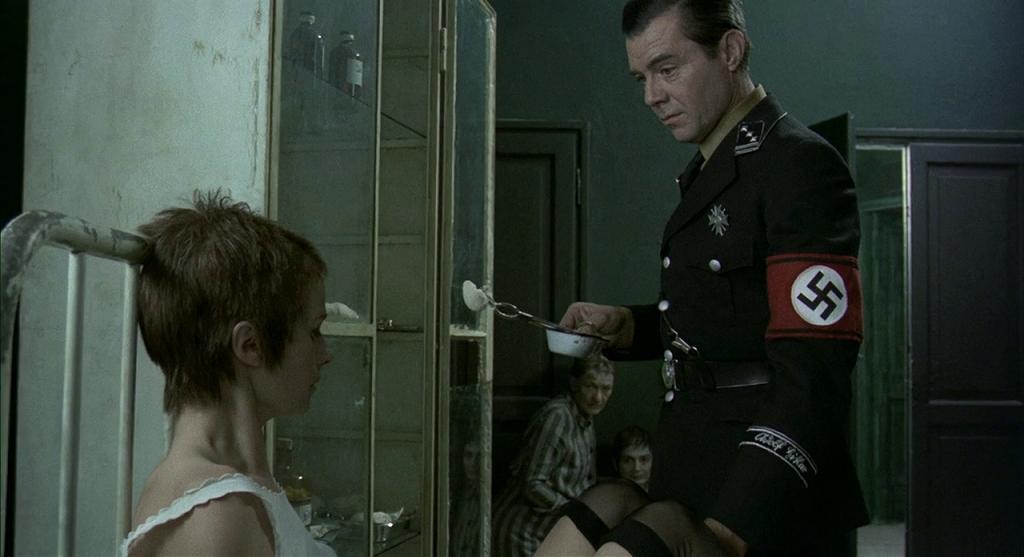
“The Night Porter” is one of the best nihilist movies about the aftermath of World War II. The Italian female director Liliana Cavani has created a dark tale about a dangerously twisted love affair of two self-destructive characters.
The film follows the extreme love story of a former Nazi named Max (Dirk Bogarde) and a concentration camp survivor Lucia (Charlotte Rampling). After the end of World War II, the two characters accidentally meet again in a Vienna hotel where Max works a “Night Porter”. There they willingly resume their passionate, sadomasochist relationship reminiscing about memories and feelings of the war period.
Although this a disturbing film about the aftermath of World War II, it is also a philosophical study from a woman’s perspective of power and eroticism. This is a great feminist depiction of an abused woman and the relationship with her abuser, which is commonly referred as “The Stockholm Syndrome”. Charlotte Rampling delivers a sensational performance creating a unique portrait of a captive woman who exploits the weakness of male supremacy.
This allegorical drama is one the major influences of Lars Von Trier’s work, specifically his obscure kafkaesque film about World War II “Europa”. Despite the fact that this is an unsettling movie about two self-destructive and perverted characters, it is also a flawless drama about the mystery of human relationships.
1. Ordet (1955)
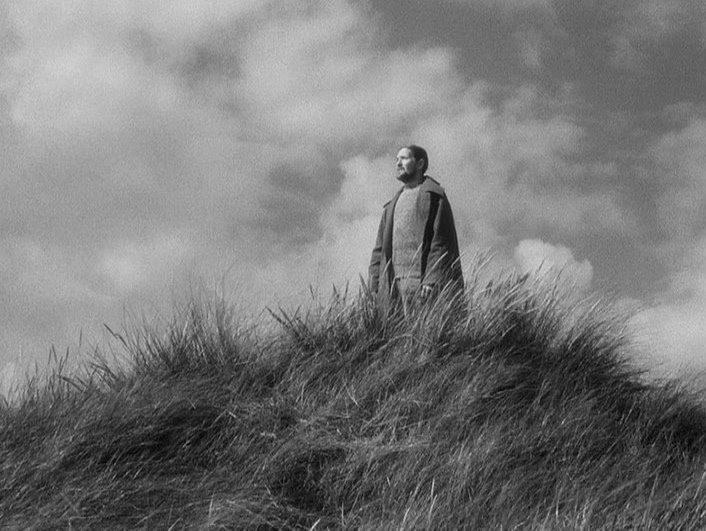
Carl Theodor Dreyer and Lars Von Trier are the two best Danish filmmakers of all time. Lars Von Trier is influenced by Dreyer’s captivating cinema and recurring themes such as tortured women, faith and religion. Not only has Lars Von Trier directed the TV film “Medea” from a Dreyer script, but also his “Goldheart trilogy” (“Breaking the Waves”, “The Idiots” and “Dancer in the Dark”) is a homage to the great director.
In addition, Trier has followed Dreyer’s footsteps (“Ordet”) creating the horrifying masterpiece “Antichrist”, a bleak tale about suffering women and faith. Dreyer’s “Ordet” bears a strong resemblance to Trier’s cinema. The film follows the story of the Borgens , who live on a Danish farm, as they deal with faith, religion and miracles. It is a modern fantasy tale about human despair and pride, since each member of the family has his own problems struggling with faith.
It is quite obvious that “Ordet” is a study on human faith as well as a visually stunning cinematic experience. The great Danish director has managed to create a deeply moving piece of art with exceptional performances and marvelous cinematography. It is a demanding melodrama with theatrical origins (like Bergman’s cinema), that has an underlying text about human existence.
Not only is “Ordet” a breathtaking exploration of a miraculous world, but also a slow-paced academic study of metaphysics and religion.